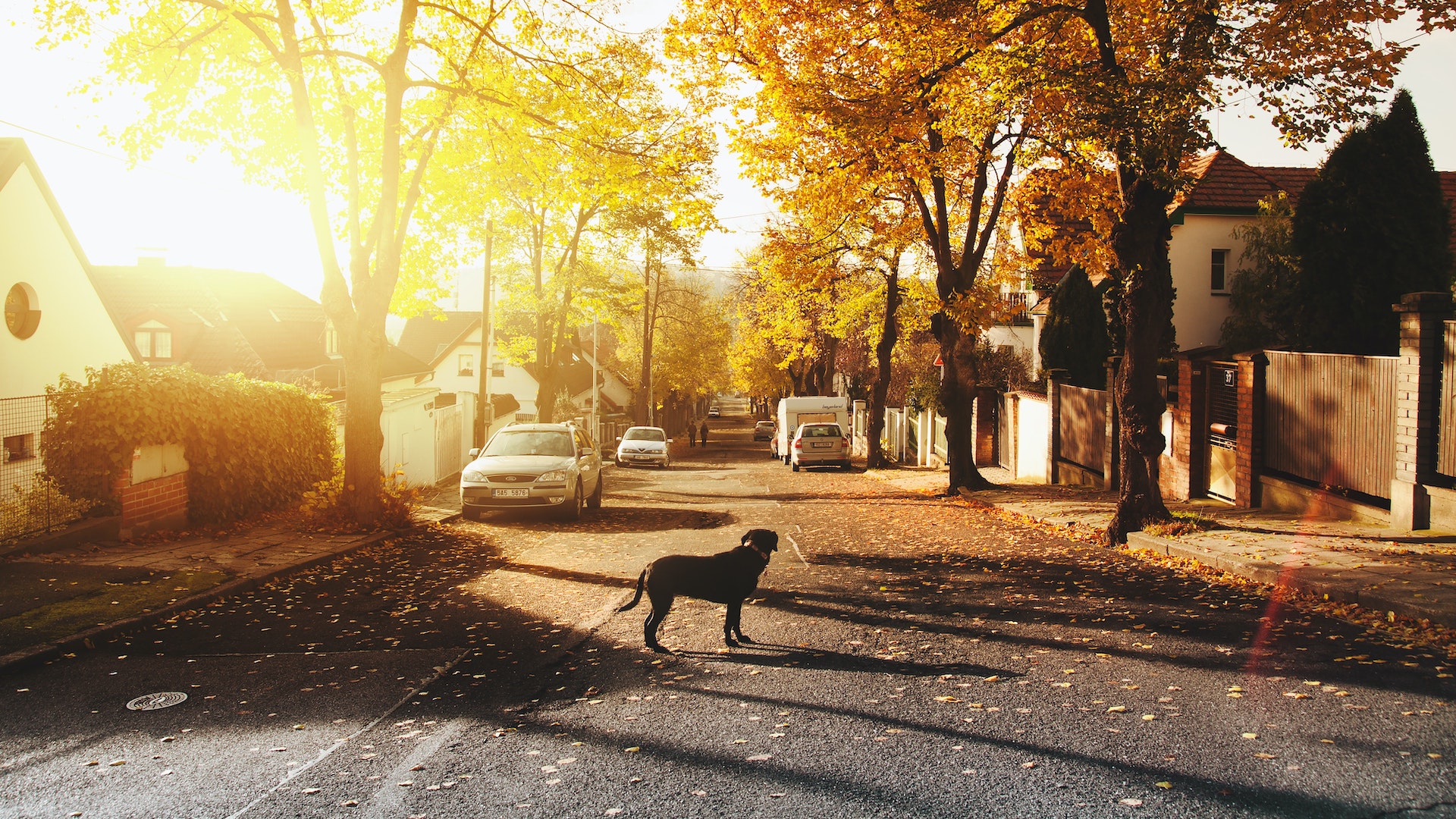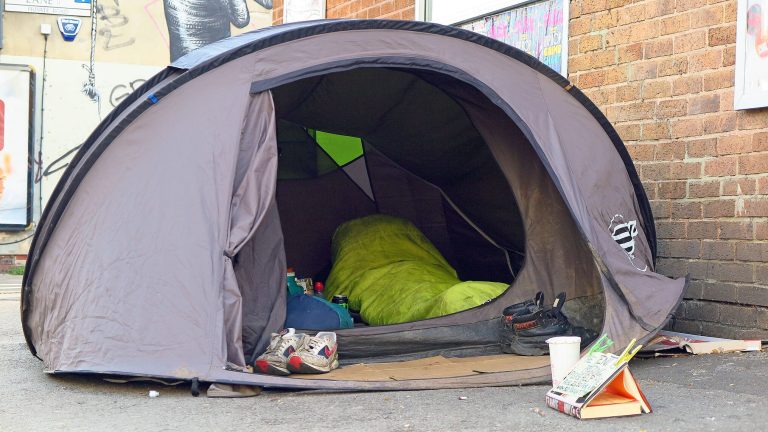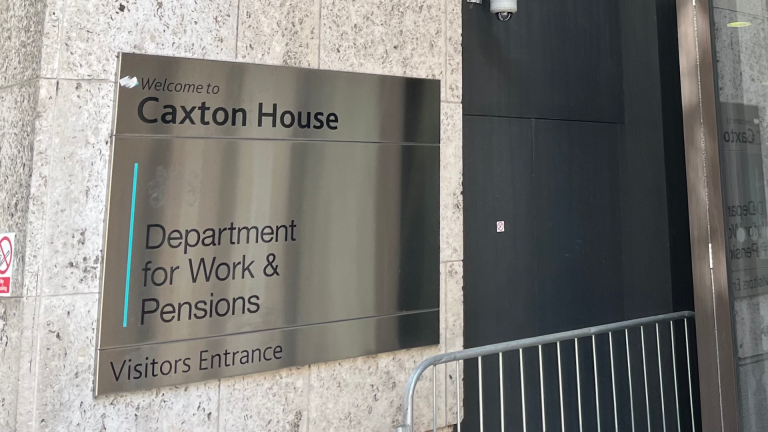People need employment, stable housing, and social relationships, according to the report. High unemployment correlated with weaker community spirit, and outright ownership of homes was a strong factor in community strength.
At the launch event, Anokhi Chouhan, an Essex Police community safety and engagement officer, said that it’s important people are able to rely on their neighbours. Schemes like Neighbourhood Watch have helped, she said.
“People actually get to know each other through that, and their bond is just wanting a safer environment,” Chouhan said.
One of the report’s findings was that areas made up of older generations had a stronger sense of community than those with younger populations. Young people, Chouhan said, don’t feel a sense of community like older generations do.
“Belonging, as we know, is one of the major reasons why a lot of them [young people] join gangs. Providing alternatives, a much healthier way of belonging to a group, is really high on our radar as police. We do encourage charities, local organisations, and youth clubs,” she said.
Advertising helps fund Big Issue’s mission to end poverty
Robert Jenrick MP, the secretary of state for housing, communities, and local government, opened the CSJ’s launch event by discussing government funding programmes to support communities. He stressed the importance of resilience, resourcefulness, and neighbourliness.
“We now want to build back from the pandemic in a way which respects local communities, has a spirit of localism at its heart, and takes greater account of place,” he said.
Since austerity began, the Conservative government has made major cuts to public services. Hundreds of libraries have closed since 2010, where aside from accessing books, people engage with community groups and get vital computer access. For some people, it’s the only place where they can make Universal Credit applications. Funding for youth services dropped by 70 per cent in less than a decade, resulting in the closure of 750 youth centres.
Denise Hatton, chief executive of YMCA England & Wales, said: “Young people have had their world turned upside down by the COVID-19 pandemic, however the challenges they face daily are compounded by a decade of funding pressures that have left them with less support, less access to safe spaces and less opportunities overall.”
“Providing the right help to young people right now is absolutely vital,” she said. “Showing them that they are valued, heard and an important part of their communities will allow them to truly belong, contribute and thrive.”
Building stronger communities
Advertising helps fund Big Issue’s mission to end poverty
The report makes a number of policy recommendations to help build stronger communities.
It recommends urban design that is community-friendly, rolling out family hubs, and making volunteering easier. Resources that allow people to meet each other, the report says, are how they’ll feel connected. But community is about more than just physical structures – it’s resources that allow people to meet, and offering good information about those opportunities.
One key issue is loneliness, only intensified by recent lockdowns. Of the people surveyed by the CSJ, 72 per cent thought loneliness and isolation was a problem in their community.
The CSJ has a list of solutions designed to reduce this problem, including giving communities access to properly designed places where they can meet each other, and a stronger emphasis on GPs and medical professionals prescribing social activities to increase wellbeing.
Other policy recommendations include a universal support programme for jobseekers. The report’s authors also ask for family hubs, where people can engage with community resources and groups such as early education or relationship classes, and mental health counselling.
One major change suggested, is moving from high streets to “hub streets”, where department stores and supermarkets will share space with family hubs, community centres, and youth centres. This, the CSJ says, will help restore pride in dilapidated town centres.
Advertising helps fund Big Issue’s mission to end poverty
National lockdowns might have had a devastating impact on some local areas, but given the right government funding and support, the CSJ hopes these policies could offer huge opportunities for communities to flourish.










